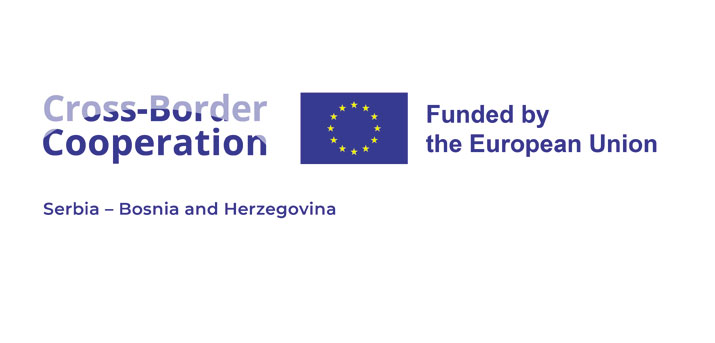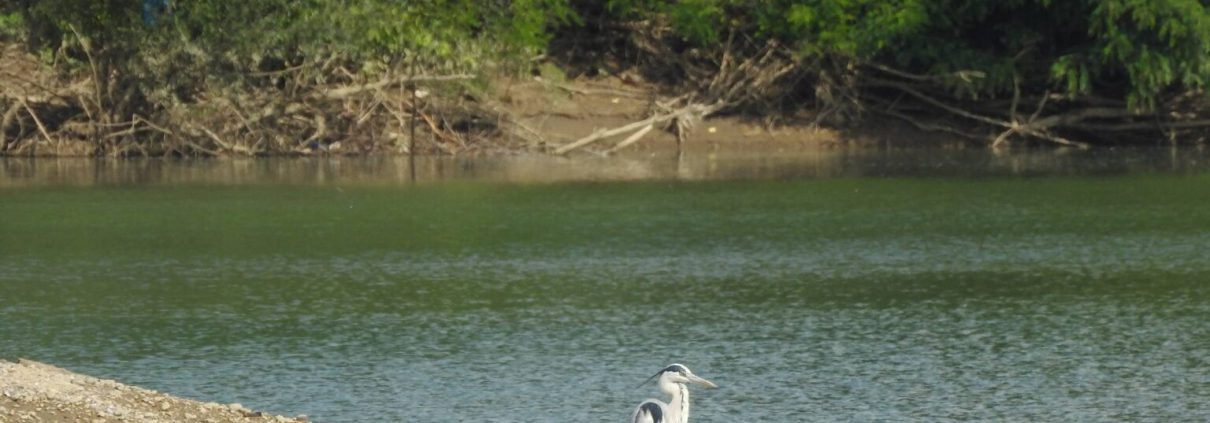On the border between Serbia and Bosnia and Herzegovina, a unique project has succeeded in combining what rarely goes together — nature, tourism, and social inclusion. The project “Eco Tourism in the Cross-Border Area of Serbia–BiH – Birdwatching Across Borders” has shown that tourism can grow without harming nature and that economic empowerment can begin from — a nest.
The project’s goal was to use the potential of birdwatching as a foundation for new tourism experiences and as an opportunity to engage vulnerable social groups in the labor market. In the lesser-known areas of Donje Podrinje (Serbia) and Konjuh (BiH), new tourist routes were created, featuring informative boards and trained guides who help visitors discover the natural beauty of these regions.
What makes this project special is its focus on people with disabilities, mental challenges, women from rural areas, and social welfare beneficiaries. Through workshops and training, they learned to make birdhouses and bird food, and with the purchase of packaging machines, a new brand — “Bird’s Nest” — was launched. Their products can already be found in local stores, recognized for their socially responsible character.
Within the project, 40 birdwatching guides were trained, while study visits, educational games for children, and media campaigns were organized, including video materials and study tours for journalists. Birdwatching has thus become more than just a hobby — a new opportunity for social and economic growth.
The project partners — Caritas Šabac, the Red Cross of Tuzla Canton, and the Bird Protection and Study Society of Serbia — demonstrated that cross-border cooperation can lead to lasting results. Their joint work resulted in new products, skills, and networks that will continue even after the project’s completion.
Birds will continue to cross borders — but now, they will be followed by tourists, guides, and new generations of social entrepreneurs.
The project was implemented from May 1, 2023, to April 30, 2025, with a total value of €209,847.86. The lead partner was Caritas Šabac, with project partners the Red Cross of Tuzla Canton and the Bird Protection and Study Society of Serbia.











